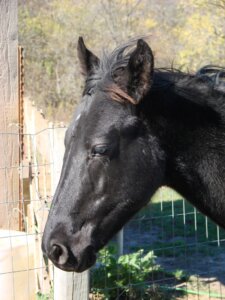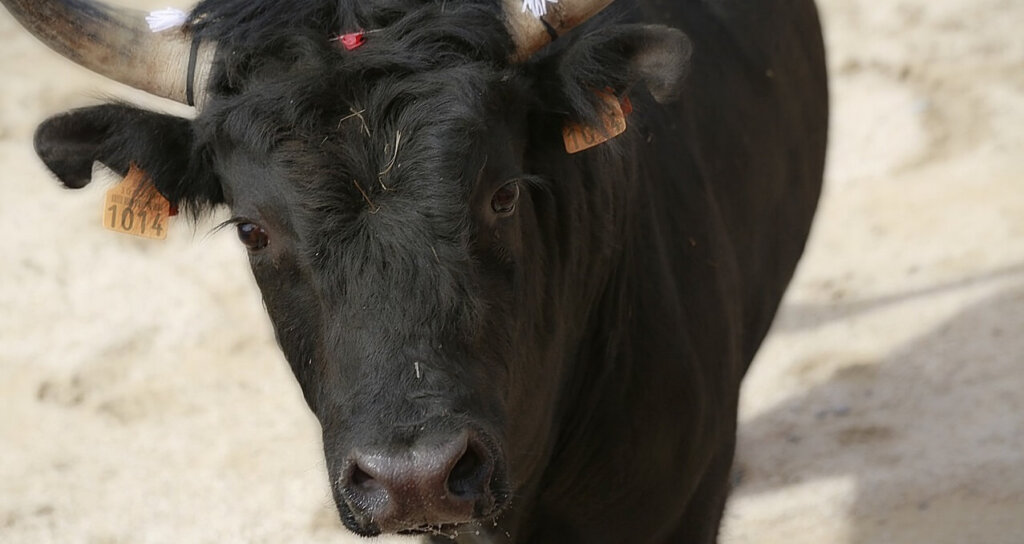
The Olympics Are No Game for Horses
 Australia may have been swept up by the excitement of the 2012 Olympics and cheering on our Aussie athletes―but we should all spare a thought for the competitors who have no choice in the competition.
Australia may have been swept up by the excitement of the 2012 Olympics and cheering on our Aussie athletes―but we should all spare a thought for the competitors who have no choice in the competition.
The 2012 Olympic Games saw two Australian horses withdrawn from competition because of injuries before the events have even begun. Brett Mace from the equestrian team said, “The reality is this is the nature of our sport. Horses can sustain these injuries and before you know it, a sporting dream can come to an end”. But this “sport” is no dream for the horses, whose well-being is compromised for the chance of Olympic glory.
The recent cross country event at the London Games took place over a difficult course covering 5.7 km, with 28 complicated jumps, sharp turns, and even blind drops as part of its design. Unsurprisingly, several horses slipped, and two horses fell during this course, with many losing shoes and only eight of 74 finishing within the allotted time. New Zealand rider Mark Todd reportedly “pushed his young horse to the limit”, while fellow New Zealander Andrew Nicholson admitted, “When the time’s difficult to get and the ground’s slippery, you’ll end up pushing the boundaries too far”. There is no honour in forcing horses around dangerous courses on slippery ground in the shortest time possible, risking their injury or even death, for the sake of a medal.
Both the 2004 and 2008 Olympics were rocked by revelations of horse doping, with positive results forcing a medal re-allocation at the Athens Games in 2004 and four horses banned for the use of the drug Capsaicin at Beijing in 2008. Capsaicin is banned because, in the words of one article, “[I]t is derived from the chilli pepper and is used for either medication, as a pain-killer, or for its hypersensitizing properties. In both cases a horse might jump better as a result of its use”. Of course, when you mask pain and overuse a limb, the repercussions can be bone-shatteringly bad.
There can be little doubt when you see the faces of the horses as they are yanked around a physically demanding course that this event is entirely for the entertainment of people. The horses themselves have no choice but to perform to line the pockets of promoters and competitors.
If horses are subjected to this kind of mistreatment at the highest level of the “sport,” maybe “sport” isn’t the right place for these beautiful, sensitive animals. Horses should not be drugged up and run into the ground by greedy people for money or for medals, even if it means abusing animals whose athleticism wins the gold.
Posted by Jason Baker
Let’s make 2025 a historic year for animals




